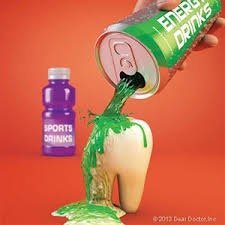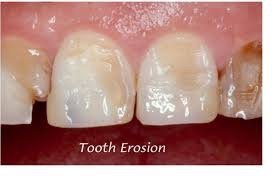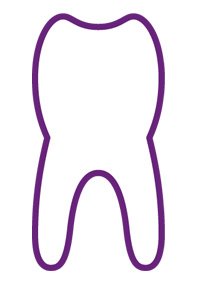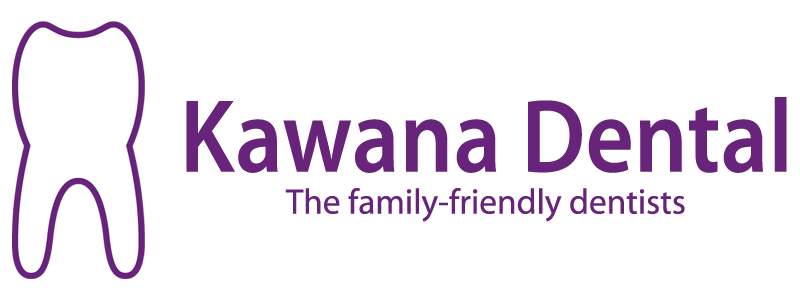08 Jan Sports Drinks and Supplements: Are You Doing More Harm Than Good?
Posted at 11:06h
in Prevention & More

Sports drinks have been designed to help professional athletes recover from the stresses their intense athletic activities put them under, and they’re usually administered in carefully-controlled circumstances. In most situations however, these drinks don’t really do that much to improve your performance, hydration or overall health, despite what sports drinks manufacturers might say. Even worse for your teeth, the high levels of sugar and acid in some of these products can cause serious damage.

- The lower the pH the stronger the acid, and anything less than 5.5 has the potential to dissolve teeth. Sports drinks: pH 2.4-4.5. Sports gels: pH 3.5-4.2.
- Many supplements are also acidic and flavoured with sugars. Even if the sugars or flavours are natural, they still have the same impact on teeth.
- The frequency of intake has a big impact and the fact that these products are often sipped over extended periods of time increases the damage.
- Saliva is a big protector of teeth and helps to neutralise acids and clear them from your mouth. Dehydration from exercise can reduce your salivary flow and makes your teeth more vulnerable to damage by acids and sugars. Staying hydrated with water during and after exercise helps you to make good quality saliva.
Common Myths
- Having a ‘water chaser’ does not reduce the damage from sports drinks and gels.
- Brushing teeth straight after a sports drink, gel, or supplement actually does more harm than good as the damaged surface is vulnerable and brushing it does more damage. You need to wait 30 minutes before brushing.
Top Tips
- So, what’s a better option when you’re sweating it out on the field or in the gym? Water – yes, good old-fashioned, straight out of the tap water. It stops you getting dehydrated, it’s free, and comes with fluoride that’s been proven to protect your teeth and reduce decay.
FOR HIGH INTENSITY OR PROLONGED EXERCISE
- Read the labels of all products For example, you can tell if the product you’re consuming has sugar by checking not just for the word “sugar” but for honey, rice syrup or even “organic dehydrated cane juice”. To check for acidity, look for things like citric acid (a flavour enhancer) or “sodium benzoate” (a preserving agent); generally if the ingredient ends in an “ate”, it’s an acidic preservative of some kind.
- Talk to your dentist about what you are consuming and how often.
- Try to minimise the damage by using specialised dental products such as Neutrafluor 5000, Tooth Mousse, and Recaldent as directed by your dentist.
- Use a straw to minimise contact with teeth.
- Avoid swishing and sipping over long periods.
- Wait 30 minutes before brushing.
Remember when in doubt, visit your dentist. If you’re on the coast and you need a checkup, Kawana Dental is a leading Sunshine Coast dentist.


